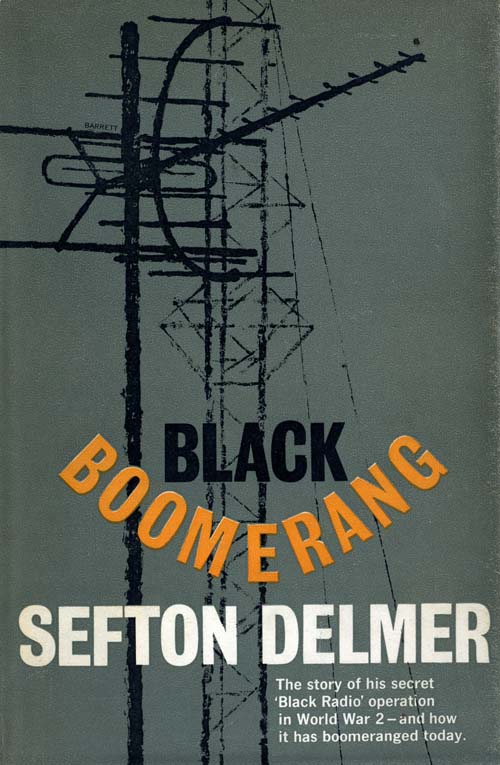No sooner had I started for my
Catalan lesson on my trusty bike than the skies opened and lashing rain
assaulted me. I had to wait for the protection
of a bridge before I could dismount and rootle around in my backpack for the
bike rain trousers (there must be a single word for them, surely, that phrase
is just so unwieldy – leggings perhaps) and go on my less damp in the nether
regions way, conscious at the same time of the amount of static electricity I
had to be generating from the swathes of waterproof nylon in which I was now
encased.
God alone know what impression I made as I
eventually dripped my sodden, baggy way into the class – though one member of
the group was delighted that she had finally seen me in a pair of long trousers,
albeit of a strictly utilitarian persuasion!
I divested myself of various wet garments and eventually I was able to
sit in remarkable dryness given the ferocity of the storm.
One of the reasons that I love
this country is that, at the end of the class, I went out to ride home in
blustery sunshine. There is none of the
spitefulness of the lingering rain syndrome so common in British weather. In Catalonia it can be raining, misty,
cloudy, cold, blowing a gale – but you can virtually guarantee some sunshine at
some point in the day. It is a rare occurrence
indeed when the sun stays away for an entire twenty-four hours. Delightfully rare!
The waterproofs (that’s the
word!) were bought during my last visit to Wales and haven’t been used since I
returned, so I will have to ensure that they are thoroughly dried before they
are put away, because it might well me months before they are needed again and
I do not want to withdraw a moldy garment from its packaging when occasion
calls. In the UK you can put them away
in their damp state because they will be called into use far sooner than any
mold could form! Or at least, I like to
think so, it makes me jocose when the weather here is not as equitable as I
would wish it to be!
The fear of the upcoming
examination in Catalan is developing.
One of the participants in the class asked for clarification of what
exactly was going to be in the test (a much more comforting and less
intimidating word) the week after next, no, at the end of next week I now
realize. We have done two pieces of
writing (that have been corrected) that will be models for what we will have to
complete in the test and we have been given pretty clear indications of what
sort of vocab we will need to be conversant (exactly!) with.
In the description of my house
that was one of the topics, I tried to explain that of the three stories that
comprise the dwelling, the ground floor is taken up with the entry and the
staircase, the living quarters start on the first floor with the living
room/dining room and the kitchen. The
problems came in the way that I translated ‘living quarters’. I went for a literal translation from English
to Catalan “els quarts d’estar” which I suppose would be something like “quarters
of being” – perhaps unsurprisingly this stumped the teacher who demanded to
know what I meant. My explanation ranged
over three languages and was not easily resolved. There is a Catalan phrase for “living room”
which is “sala d’estar” – the ‘room of being’, so I think that my attempt is
more than reasonable. But it didn’t pass
muster, and I was offered the complex alternative of “l’allotjament” or the
much simpler “l’habitatge”. The ore
astute among you will have realized that my typing all of this is merely a
device to try and fix the words in my mind so that they can be used to great effect
in the examination. Anything is worth a
try, to get a foreign word to stay in my mind!
The other topic we had to
complete was an email to a friend. Given
a free hand to write what we liked, I always tend to veer towards my own
interests, so exhibitions in art galleries or operas in the Liceu tend to be my
stock in trade for such pieces of writing.
I told my friend that I had been to an excellent exhibition in MNAC and
I was then able to list the Catalan artists whose work was featured in this
fabricated show. Outside of Catalonia
how many of the following artists would be known: Ramon Casas, Joaquim Mir,
Joaquim Sunyer, Modest Urgell, Joan Brull, Ramon Alsina? The Catalan artists with world recognition
are probably Salvador Dalí and Joan Miró – and Picasso, of course. Yes, I do know that he wasn’t Catalan, but
Pablo himself said that he had the soul of a Catalan and so he is counted!
It is one of the delights of
living near MNAC in Barcelona that I have been able to get to know a whole
range of Catalan artists of whom I had never heard before I lived here. All of the names above now mean something to
me and I can link specific works of art to the names. Of all of the artists that I have come to
appreciate living in Catalonia and being able to see their paintings relatively
easily, the artist whom I most admire is Ramon Casas – a draftsman and painter
whose charcoal sketches of the good and the famous in Barcelona (his sketch of a
young Picasso is constantly reproduced) are astonishing. Yes, perhaps his art did not develop in a way
that influenced world painting, but he remains a remarkable second or third order
artist and one who deserves a wider audience for his work.
Not long after I first arrived in
this country a local newspaper produced a whole series of books featuring
Catalan artists, all of which I bought and which provided a firm foundation for
me to begin to build my knowledge of a whole new school of art.
Always learning!








